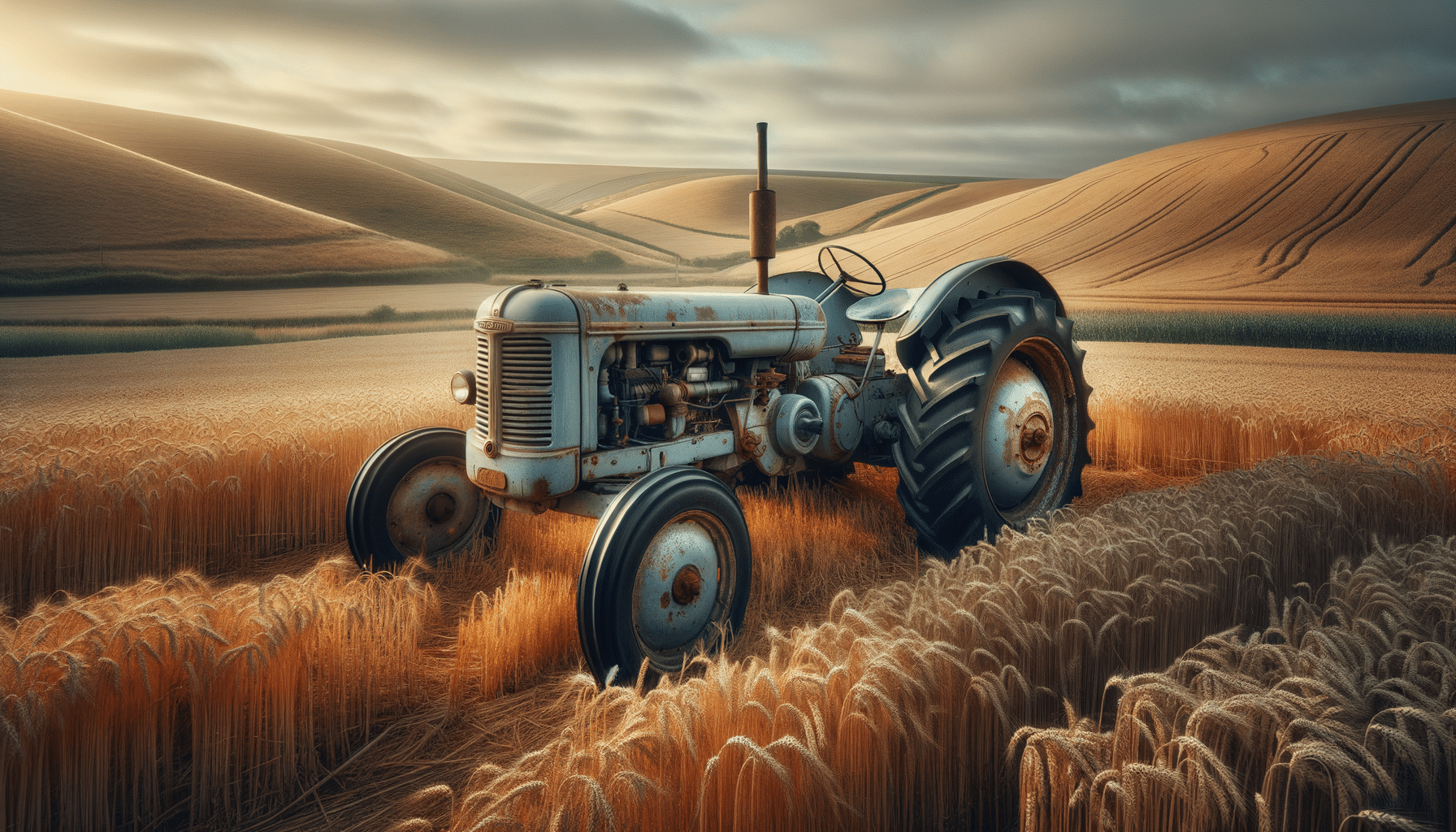
Exploring the World of Used Farm Tractors: A Comprehensive Guide
The Importance of Used Farm Tractors in Modern Agriculture
In the ever-evolving landscape of agriculture, used farm tractors play a crucial role. These reliable machines are not only cost-effective but also provide an accessible entry point for small and medium-sized farms to modernize their operations. The agricultural industry is under constant pressure to increase productivity while keeping costs low, and used tractors offer a viable solution. By opting for pre-owned machinery, farmers can leverage advanced technology without the hefty price tag associated with new models.
Used tractors are particularly beneficial in regions where agriculture is a primary source of livelihood. They allow farmers to upgrade their equipment and improve efficiency without exceeding their budgets. Moreover, these tractors often have a proven track record, providing a sense of reliability and durability that new models may not yet have established. The availability of spare parts and the familiarity of local mechanics with older models further enhance their appeal.
Additionally, purchasing used tractors contributes to sustainability by extending the lifecycle of machinery and reducing the demand for new manufacturing. This practice aligns with global efforts to promote eco-friendly farming practices and reduce the carbon footprint of agricultural operations.
Key Considerations When Buying Used Farm Tractors
When contemplating the purchase of a used farm tractor, several factors must be carefully evaluated to ensure a sound investment. First and foremost, it’s essential to assess the tractor’s condition. This includes a thorough inspection of its engine, transmission, and hydraulic systems. Look for signs of wear and tear, such as oil leaks or unusual noises, which might indicate potential issues that could lead to costly repairs down the line.
Another critical factor is the tractor’s history. Understanding how it was previously used and maintained can provide valuable insights into its reliability. Requesting maintenance records and any repair documentation can help in this regard. Additionally, consider the availability of parts and service for the specific model. Some older tractors may have limited access to necessary components, which can complicate maintenance efforts.
Price negotiation is an integral part of buying used equipment. Researching market prices for similar models and understanding the tractor’s depreciation curve can empower buyers to make informed offers. It’s also advisable to consult with a trusted mechanic or an agricultural equipment expert to get an unbiased opinion on the tractor’s value.
Advantages of Opting for Used Farm Tractors
The decision to purchase a used farm tractor comes with numerous advantages that can significantly benefit farmers. Cost savings are perhaps the most apparent benefit. Used tractors typically come at a fraction of the cost of new ones, allowing farmers to allocate their budgets to other critical areas of their operations, such as seed, fertilizer, or additional equipment.
Another advantage is the immediate availability of the tractor. Unlike new models, which may have long waiting periods due to manufacturing and shipping times, used tractors can often be acquired and put to work almost immediately. This is particularly beneficial during peak farming seasons when time is of the essence.
Used tractors also offer the opportunity to access models that have been tried and tested over the years. These machines often come with a wealth of user reviews and feedback, providing potential buyers with a clearer picture of their performance and reliability.
Potential Challenges and How to Overcome Them
While there are numerous benefits to purchasing used farm tractors, there are also potential challenges that buyers should be aware of. One such challenge is the risk of inheriting existing mechanical issues. A thorough inspection by a qualified mechanic can mitigate this risk by identifying any hidden problems before the purchase.
Another challenge is the compatibility of older tractors with modern farming implements. As technology advances, newer equipment may not always be compatible with older tractor models. To overcome this, farmers should carefully assess their current and future equipment needs to ensure compatibility. In some cases, adapters or modifications may be necessary to bridge the gap between old and new technology.
Financing can also be a challenge when purchasing used equipment. Some lenders may be hesitant to finance older machinery due to perceived risks. Farmers can overcome this by seeking out lenders that specialize in agricultural equipment or by exploring alternative financing options such as leasing or rent-to-own agreements.
Conclusion: Making the Most of Used Farm Tractors
In conclusion, used farm tractors represent a valuable asset for farmers seeking to enhance their operations without incurring significant expenses. By carefully considering the condition, history, and compatibility of a used tractor, farmers can make informed decisions that align with their operational goals and financial constraints. The advantages of cost savings, immediate availability, and proven reliability make used tractors an appealing choice for many agricultural enterprises.
Despite the potential challenges, with the right approach and due diligence, farmers can effectively integrate used tractors into their operations, thereby boosting productivity and sustainability. As the agricultural industry continues to evolve, used farm tractors will undoubtedly remain a cornerstone in the quest for efficient and sustainable farming practices.


